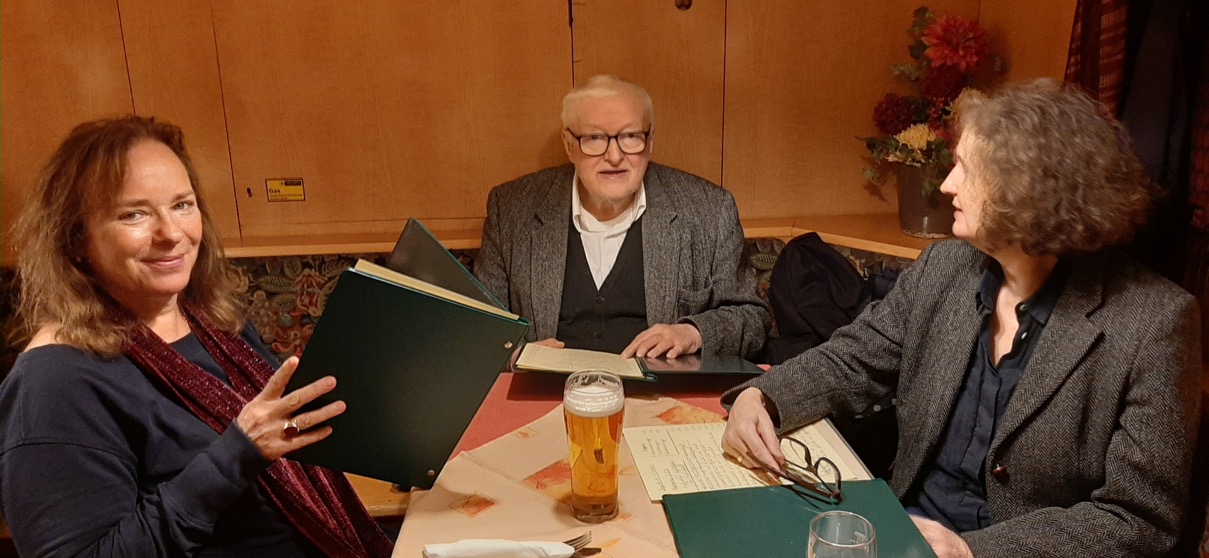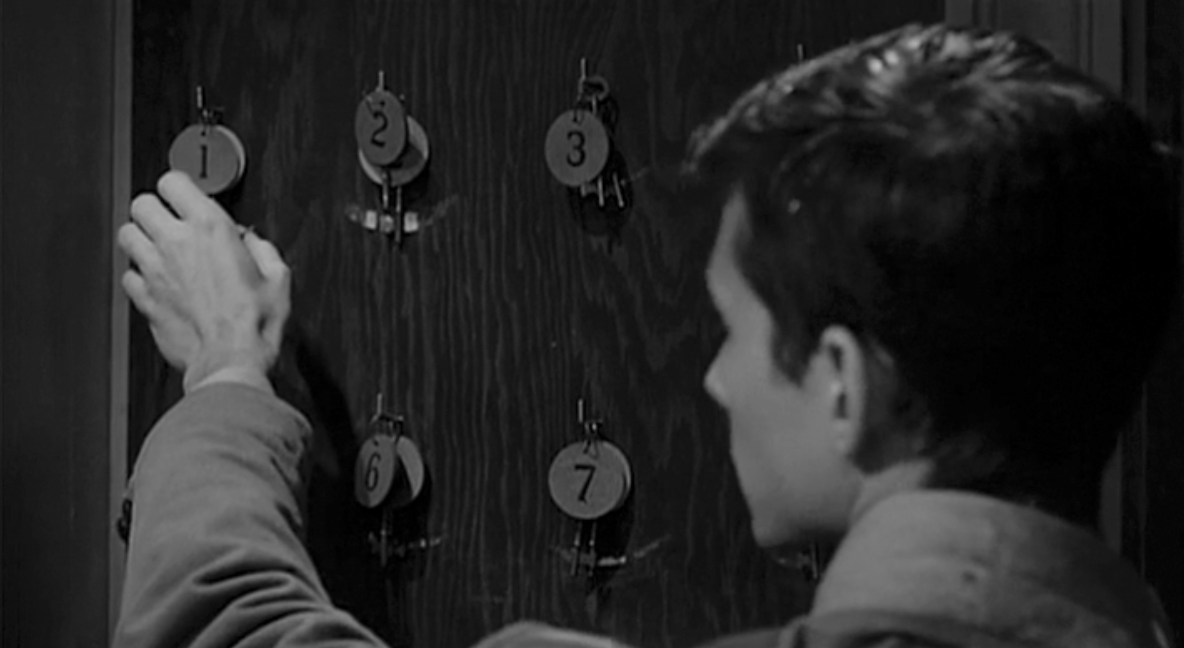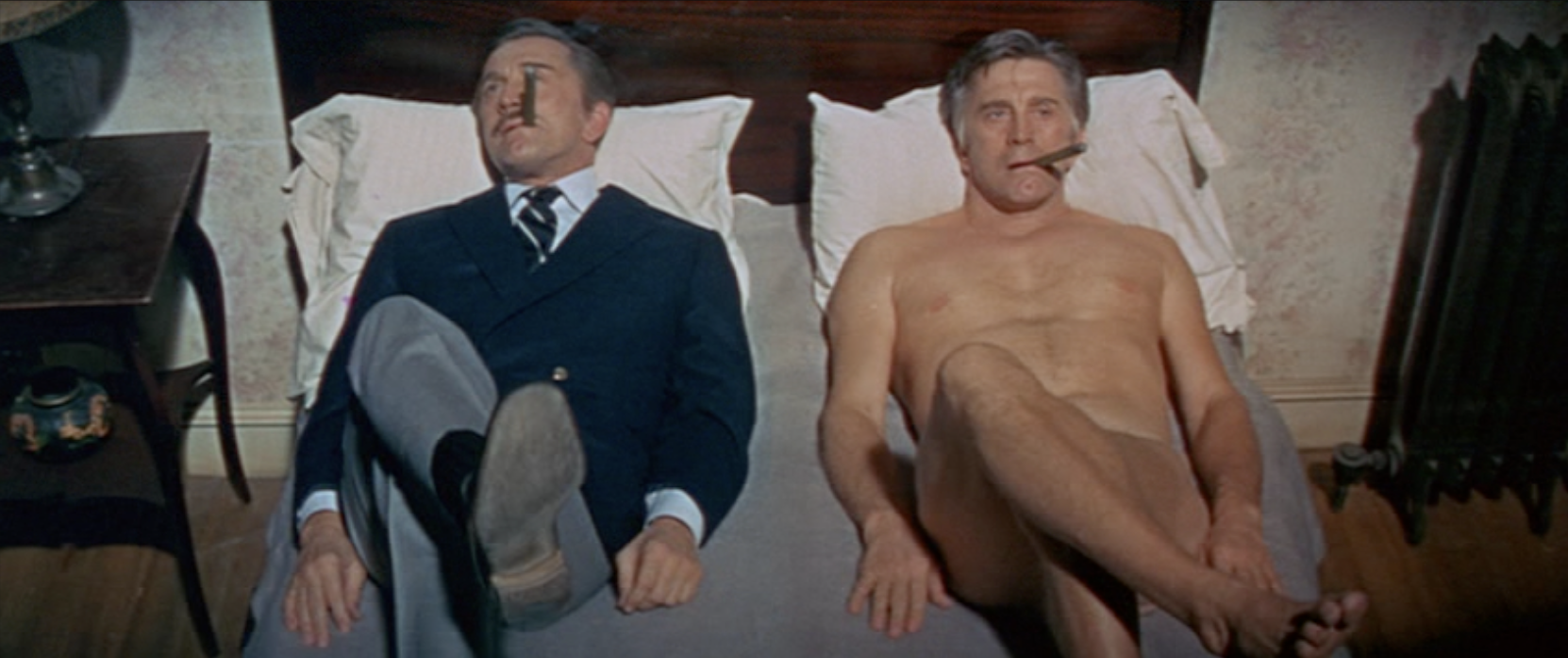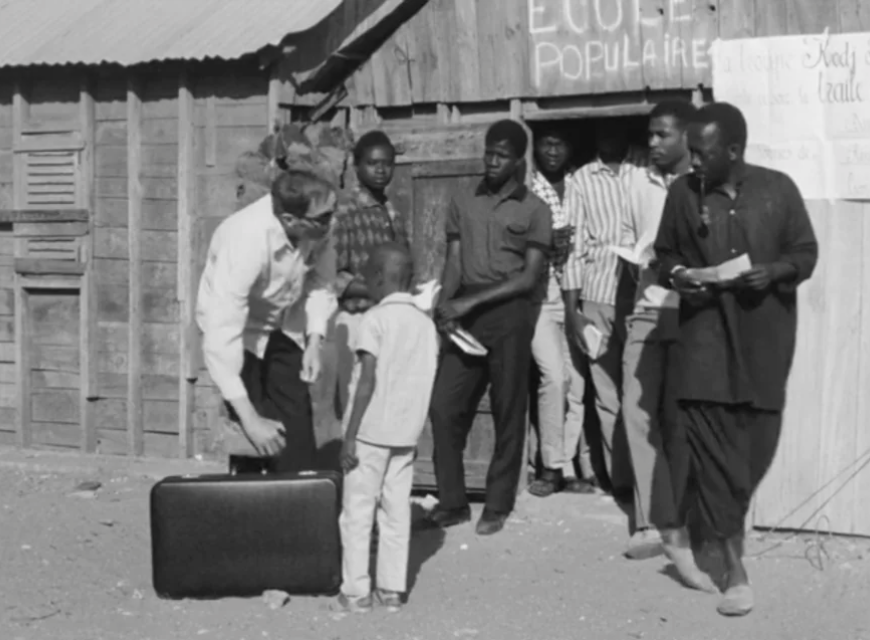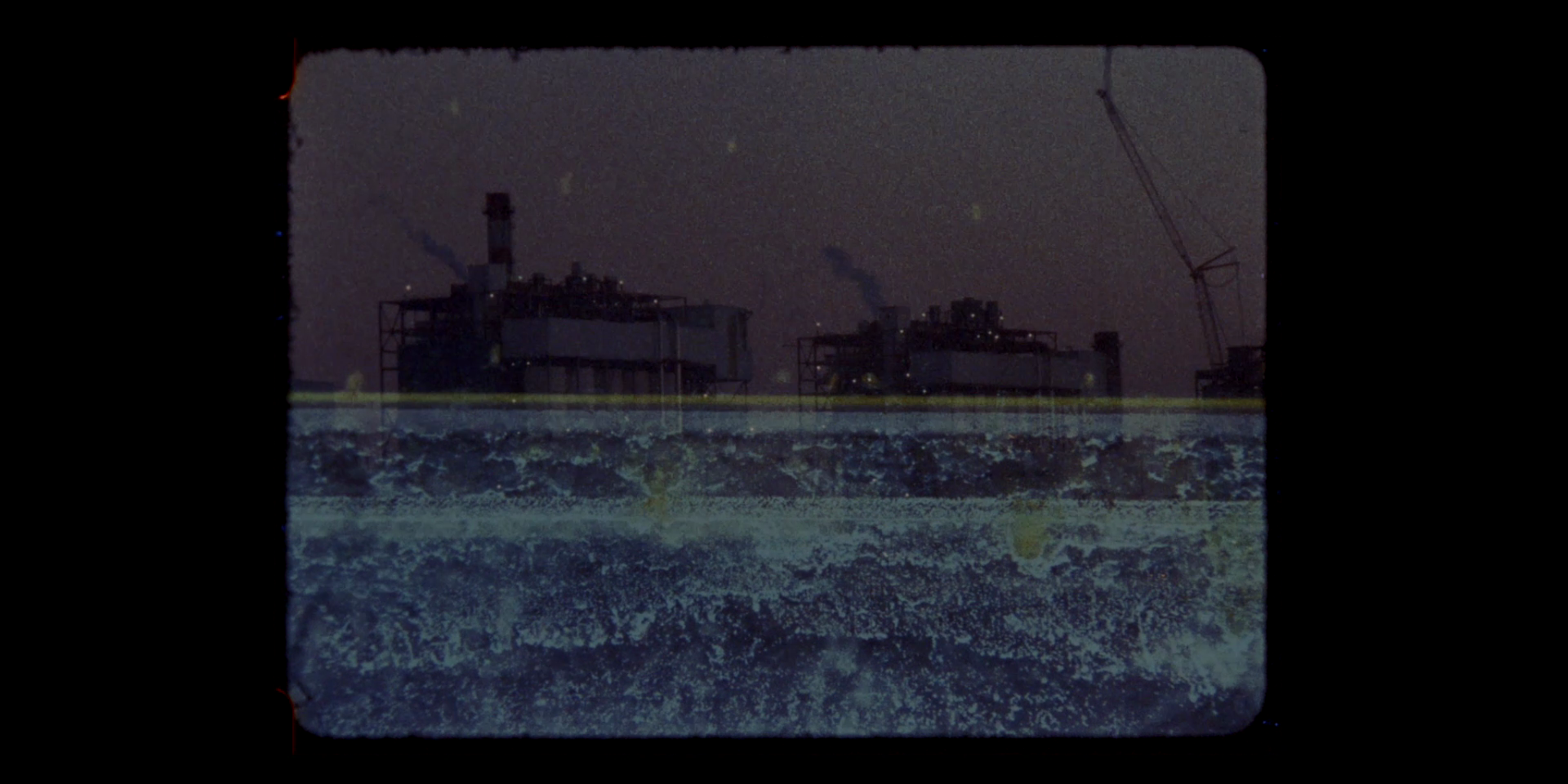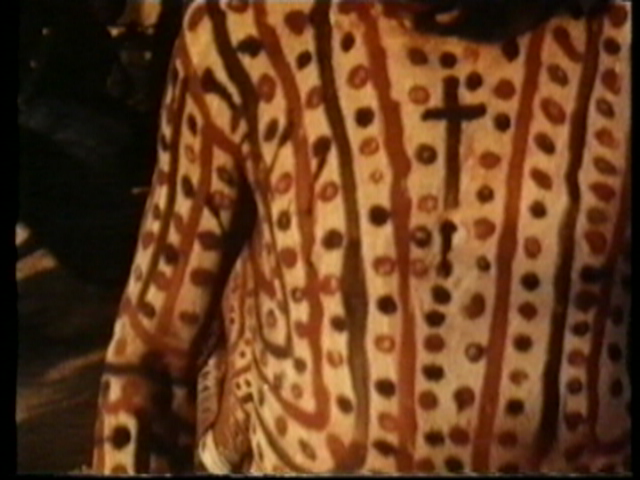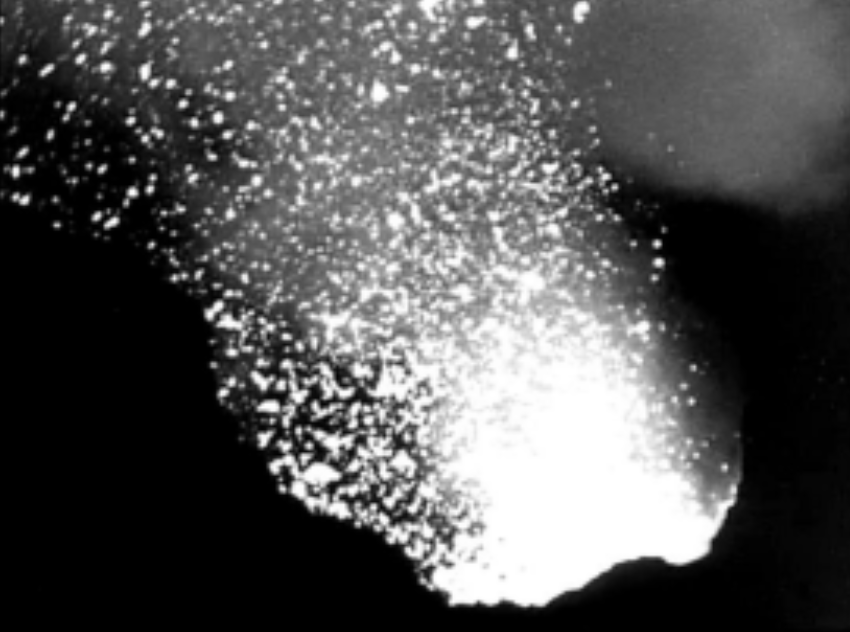Salomé Lopes Coelho, Mariana Cunha & Angela Prysthon, Nature/Ch’ixi/Culture and the Cinemas of Latin America: An Introduction
Angela Prysthon & Lucca Nicoleli, Botanical Offerings, Plants as Gifts, Experimental Cinema and the World of Claudio Caldini
Paula Bertúa, Herbaria : Essays for a Material and Postnaturalist Memory of Botany and Film
Salomé Lopes Coelho, Los ritmos de la materia más-que-humana en la serie de films eco-revelados Metarretratos, de Azucena Losana
Salomé Lopes Coelho, De la planta a la pantalla: Diálogo con Azucena Losana a partir de su proyecto Metarretratos
Catarina Andrade & Álvaro Brito, Re-existence Through Cosmopoetics: A Decolonial Approach to Contemporary Cinema
Marcos Aurélio Felipe, ETÃN BË TALI BU: apontamentos sobre dimensões cosmofílmicas indígenas de Abya Yala
Constanza Ceresa, El cine como una experiencia situada: entrevista a Jeannette Muñoz
Federico Windhausen, Slow Onset: A Brief Consideration of Guillermo Moncayo’s Echo Chamber
Pedro Bezerra Melo, Irreconciliado e insubmissio: a estética do Colectivo Los Ingrávidos
Sebastian Wiedemann & Byron Davies, Ecologías post-naturales del cine experimental latinoamericano reciente: un diálogo
Erin Wilkerson, Feral Filmmaking: Wilding Cinema as a Decolonial Act
Pedro Urano, Becoming moita
Edited by Salomé Lopes Coelho, Mariana Cunha, Angela Prysthon
